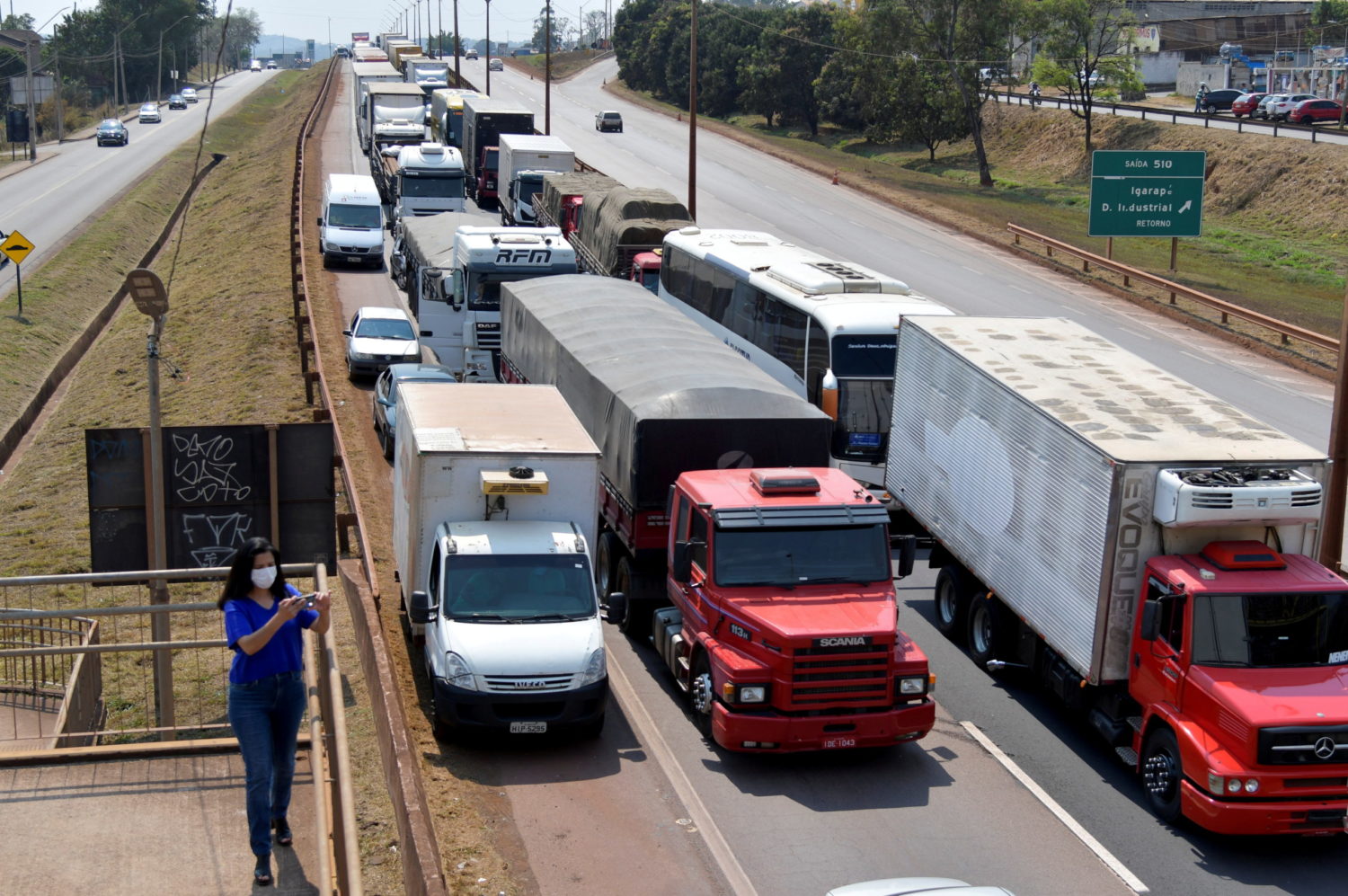
By Khalid Abdelaziz
KHARTOUM (Reuters) -Sudan’s military seized power from a transitional government on Monday and soldiers killed at least three people and wounded 80 as street protests broke out against the coup.
The leader of the takeover, General Abdel Fattah al-Burhan, dissolved the military-civilian Sovereign Council that had been set up to guide the country to democracy following the overthrow of long-ruling autocrat Omar al-Bashir in a popular uprising two years ago.
Burhan announced a state of emergency, saying the armed forces needed to protect safety and security, but he promised to hold elections in July 2023 and hand over to an elected civilian government then.
“What the country is going through now is a real threat and danger to the dreams of the youth and the hopes of the nation,” he said.
Youths opposed to the coup barricaded streets as clashes broke out with troops.
The Central Committee of Sudanese Doctors said three people had died of wounds after being shot by soldiers and at least 80 people had been injured.
Prime Minister Abdalla Hamdok was detained and taken to an undisclosed location after refusing to issue a statement in support of the takeover, the information ministry said.
The ministry, still loyal to Hamdok, urged resistance and said tens of thousands of people opposed to the takeover had taken to the streets and had faced gunfire near the military headquarters in Khartoum.
Troops had arrested civilian members of the Sovereign Council and government figures, it said, called on Sudanese to oppose the military.
“We raise our voices loudly to reject this coup attempt,” it said in a statement.
In Khartoum’s twin city Omdurman, protesters barricaded streets and chanted in support of civilian rule.
“Burhan cannot deceive us. This is a military coup,” said a young man who gave his name as Saleh.
‘RAISE OUR VOICES’
Sudan has been ruled for most of its post-colonial history by military leaders who seized power in coups. It had become a pariah to the West and was on the U.S. terrorism blacklist under Bashir, who hosted Osama bin Laden in the 1990s and is wanted by the International Criminal Court in the Hague for war crimes.
The country had been on edge since last month when a failed coup plot, blamed on Bashir supporters, unleashed recriminations between the military and civilians in the transitional cabinet.
In recent weeks a coalition of rebel groups and political parties aligned themselves with the military and called on it to dissolve the civilian government, while cabinet ministers took part in protests against the prospect of military rule.
Sudan has also been suffering an economic crisis. Helped by foreign aid, civilian officials have claimed credit for some tentative signs of stabilization after a sharp devaluation of the currency and the lifting of fuel subsidies.
Washington had tried to avert the collapse of the power-sharing agreement by sending a special envoy, Jeffrey Feltman. The director of Hamdok’s office, Adam Hereika, told Reuters the military had mounted the takeover despite “positive movements” towards an agreement after meetings with Feltman in recent days.
White House spokesperson Karine Jean-Pierre said: “We reject the actions by the military and call for the immediate release of the prime minister and others who have been placed under house arrest.”
The military takeover will have lasting consequences on Sudan’s relations with the United States and it should reverse course immediately, Senate Foreign Relations Chairman Bob Menendez said.
The military had been meant to pass on leadership of the Sovereign Council to a civilian figure in the coming months. But transitional authorities had struggled to move forward on issues including whether to hand Bashir over to the Hague.
Burhan said it was incumbent on the armed forces to act to halt “incitement to chaos and violence”.
The United Nations, Arab League and African Union all expressed concern. Political leaders should be released and human rights respected, AU Commission Chair Moussa Faki Mahamat said in a statement.
Britain called the coup an unacceptable betrayal of the Sudanese people. France called for the immediate release of Hamdok and other civilian leaders. Egypt called on all parties to exercise self-restraint.
The Sudanese Professionals Association, an activist coalition in the uprising against Bashir, called for a strike.
Burhan’s “reckless decisions will increase the ferocity of the street’s resistance and unity after all illusions of partnership are removed,” it said on its Facebook page.
The main opposition Forces of Freedom and Change alliance called for civil disobedience and protests across the country.
Two main political parties, the Umma and the Sudanese Congress, condemned what they called a coup and campaign of arrests.
Hamdok, an economist and former senior U.N. official, was appointed as a technocratic prime minister in 2019 but struggled to sustain the transition amid splits between the military and civilians and the pressures of the economic crisis.
(Reporting by Khalid Abdelaziz, Nafisa Eltahir, Moataz Abdelazim, Enas Alashray, Nadine Awadalla, Daniel Moshashai, Patricia Zengerle, Nandita Bose, Trevor Hunnicutt and Doina Chiacu; Writing by Aidan Lewis, Michael Georgy; Editing by Peter Graff and Angus MacSwan)











